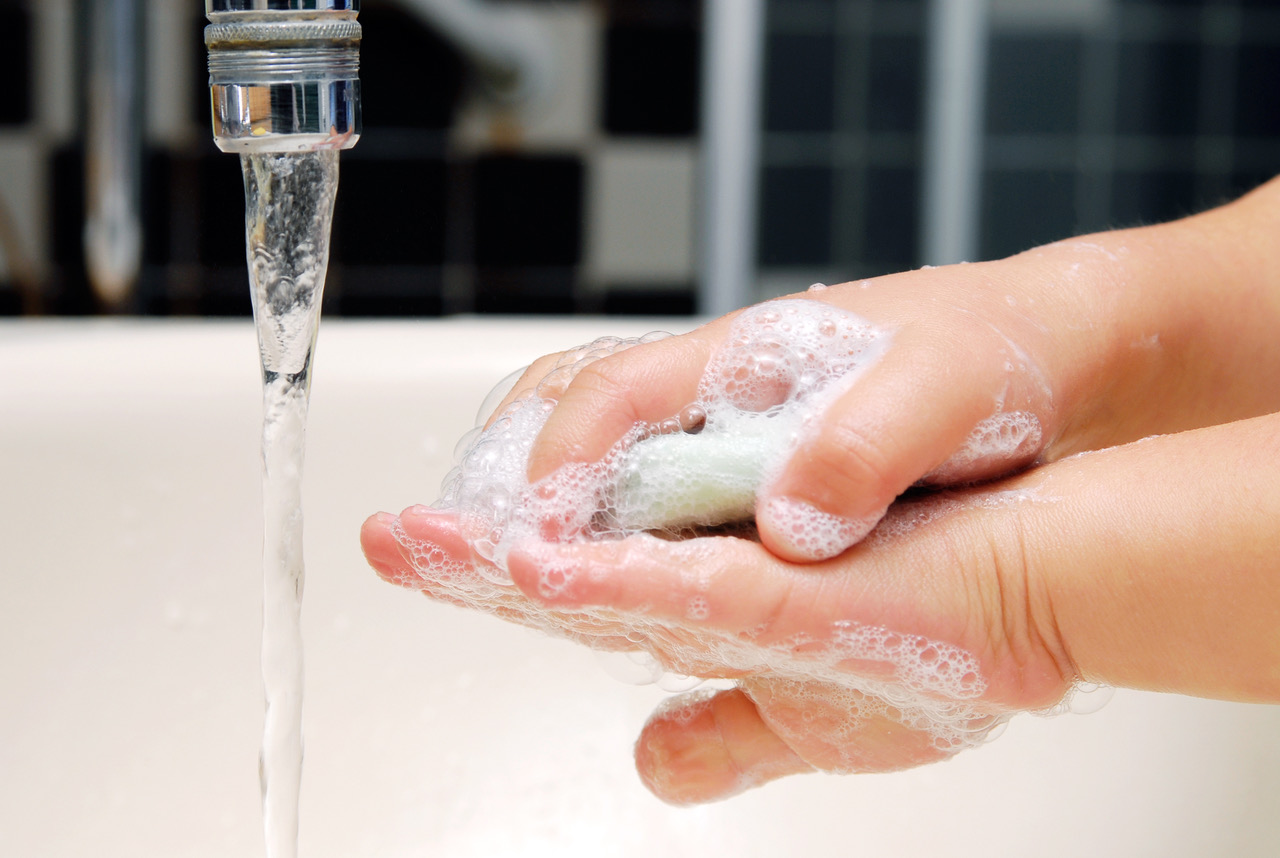Is one really better than the other?
soap and water or hand sanitizer
Hand sanitizer Vs. Soap and water
We live in the age of convenience. We can heat food in seconds, communicate in seconds and even wash our hands in seconds? Hand sanitizer is an extremely practical cleaning tool and many people keep it in their car or purse. However, what do you think is better for your health? Does washing hands with soap and water better prevent the spread of germs or is the hand sanitizer more effective?
Think about it. Someone you know has a cold and just sneezes them in their hands. They use a hand sanitizer, say it’s good and start preparing a meal. How comfortable are you going to eat this meal? Most likely, you would have preferred that they wash their hands with soap and water.
Doctor’s recommendation?
Family physicians recommend washing hands with soap and water for best results. The CDC states that soap and water are the most effective way to reduce bacteria on the hands. Compare that with hand sanitizers.
Hand sanitizers can actually have the opposite effect, especially if they do not contain alcohol. They will not kill all the germs, but may encourage bacterial resistance and irritate your skin. Disinfectants containing 60% alcohol are better but still fail to eliminate all bacteria, including Cryptosporidium (parasitic bacterium), Norovirus (intestinal flu) and Clostridium Difficile (colon infection). If you can not get rid of these bacteria, you will need to go to your family medicine clinic to get the treatment you need.
Hand sanitizers always have a useful place and they are always better than nothing. However, they do their best only when your hands are slightly dirty. For example, working in an office would be a good place to use a hand sanitizer. If your hands are visibly dirty, you should use soap and water to clean them. Do not use disinfectant after gardening, camping, exposure to chemicals, etc. The hand sanitizer was not designed for this purpose.
There are some smart practices that you should put in place to make sure you wash your hands effectively. Here are some recommendations:
When should you wash your hands?
- During, before and after food preparation
- Before eating
- Take care of a sick person before and after
- Treat an injury before and after
- After using the bathroom
- Follow your nose, cough or sneeze, etc.
- When touching an animal or animal waste.
- After touching garbage
How should you wash your hands?
- Use clean running water to wet your hands
- Lather with soap – including the backs of your hands and nails
- Scrub at least 20 seconds
- Rinse hands under clean running water
- Dry with a clean towel or in the open air
Nobody likes to be sick and having to go to the family medicine clinic. To avoid getting sick or spreading disease, do not rely solely on hand sanitizer. Instead, wash your hands with soap and water when you can. This will allow you and your loved ones to stay healthier.


